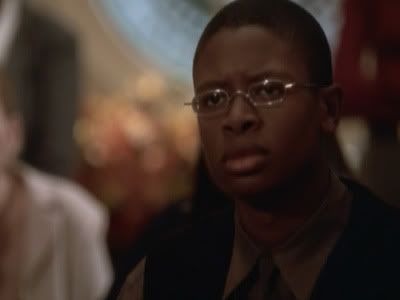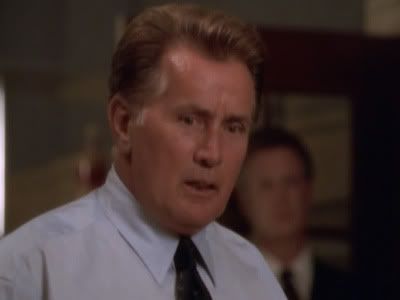 How do you feel about people starting prayer with 'Dear God' or Dear Heavenly Father..."?
How do you feel about people starting prayer with 'Dear God' or Dear Heavenly Father..."?And how would you suggest a better way forward?

"Work is the stewarding of Gods creation under Christ's rule, requiring us to fill and subdue it, to care for it and enhance its fruitfulness so that humanity continues and prospers in God's world in communities of care." H/T Rowan Kemp.


Repay no one evil for evil, but give thought to do what is honourable in the sight of all.If possible, so far as it depends on you, live peaceably with all. Beloved, never avenge yourselves, but leave it to the wrath of God, for it is written: "'vengeance is mine, I will repay', says the Lord". To the contrary, "if your enemy is hungry, feed him; if he is thirsty, give hims something to drink; for by doing so you will heap burning coals on his head". Do not be overcome by evil, but overcome evil with good.
Romans 12:17-21

"Don't be conformed to this present evil age, but be transformed by the renewing of your mind..." - Romans 12.2
"The word of God was the sweat of [Paul's] brow, but it was also the life of his mind. Our juncture of history is rather like Paul's in one respect: it requires a Christian preacher to come to the defence of the life of the mind. As Universities daily conform themselves more closely to the school of wizardry in children's fiction, a repository of magic techniques to get startling effects, who else is left to care for how people, as individuals, think for themselves about the coherence of understanding, principle, and purpose that makes the difference between living in freedom and living in servitude? As the young flock in ever greater numbers to our Universities and colleges, who is there to talk to them seriously, and with all the resources of refined scholarly culture, about the meaning of their human existence, about how vast quantity if scatted or organised information can be distilled into something worth a humans being's while to be occupied with in his or her one and only venture in life? Of course, we shall be told that virtue cannot be taught, that the existential dimension of wisdom is something each person must discover for him or herself, not a topic for inclusion in a syllabus, to be "covered" in a tutorial. All of which is perfectly true. Yet wisdom can be present or absent as a goal and a horizon, before which everything covered in a syllabus can begin to assume its real importance. But this requires teachers who believe that learning is not simply perfecting a performance, but has to do with the terror and hope that is due to existence itself. It requires teachers who believe in the human reality of salvation and loss, who live out their academic roles as those who continually ask how they may be saved?" - Oliver O'Donovan, No End to the Word, The Word in Small Boats, 2010.
"[I'm] not really religious; I'm an Anglican.'' - Lindsay Tanner, Federal Finance Ministerh/t Alison
"Why is there such a fury against religion now? Because religion is the one reliable force that stands in the way of the power of the strong over the weak. The one reliable force that forms the foundation of the concept of the rule of law. The one reliable force that restrains the hand of the man of power. In an age of powerworship, the Christian religion has become the principal obstacle to the desire of earthly utopians for absolute power."